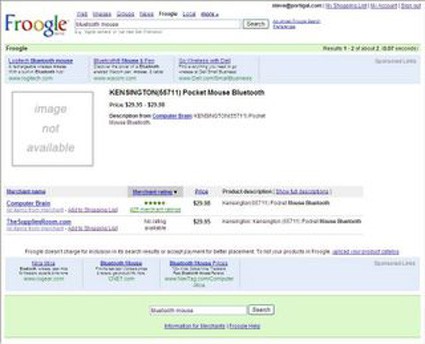Changing Lanes, Changing Minds

Locavore iPhone app
Locavore (also localvore) is someone who eats (or tries to eat) food from within a certain radius, typically 100 miles. In 2006, Google opened Cafe 150, a restaurant on its Mountain View campus that only uses ingredients that come from within 150 miles. The 100-mile diet is a book, a website, and a movement.
This is a powerful idea that, as it has taken hold, has entered our vocabulary and shifted our mindset. Even if we don’t do this, we consume the idea. It’s a meme.

Now, here come the electric vehicles. A similarly urgent effort to create change that asks us to fundamentally revisit how we do a primary activity. The fully electric Chevy’s Volt has a much-discussed 40-mile-without-recharging-capacity, based on some data (which of course, is disputed) showing 80% Americans drive less than 40 miles per day.
These two ideas are not parallel. At 41 miles, imagine that your car stops dead by the roadside and you’re stuck with a AAA situation. At 151 miles, your radicchio isn’t quite as local – but you don’t go hungry. Even so, the food people have done a much better job at creating a new story that quickly captures the essence of a new behavior.
Do you know how many miles a day you drive? The EV people, and Chevy especially, would do well to help create awareness at a general level (that people drive this much, on average) and a personal level (here’s how to figure out how much you drive, or how to map a 40-mile capacity against your typical usage). There’s potentially a gap between how well the Volt would work for most people and how well those same people believe the Volt would work for them.
We’ve seen people wearing pedometers to track another unknown distance: how far they walk in a given day. Why not give away car pedometers (yes, cars already contain equipment that provides that information, but the point here is to celebrate and raise awareness)? Where equivalent term to locavore for the daily driving case? 40-milers? loca-motives? Where are the use cases or archetypes that help translate into something familiar? How far does a mom in the ‘burbs drive? How about someone in the exurbs? Or a traveling saleswoman/road warrior? There’s a lot that can be done just on expanding the idea itself, to help set the stage for the coming solutions.





